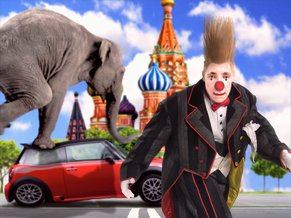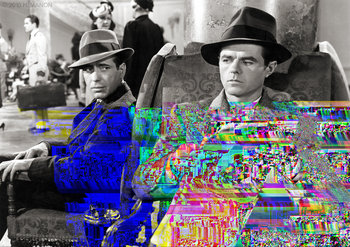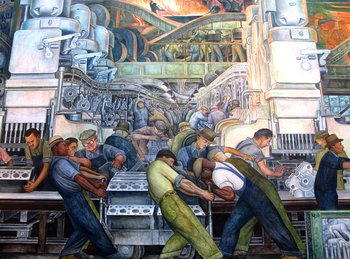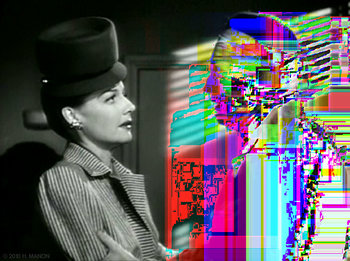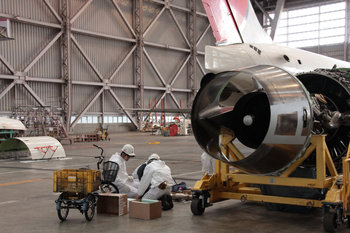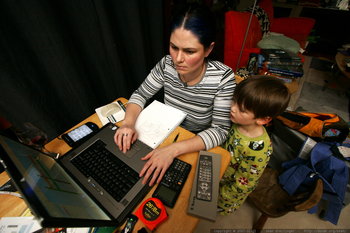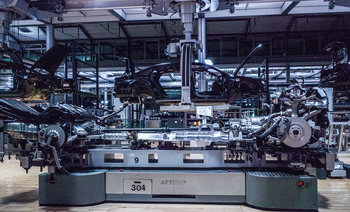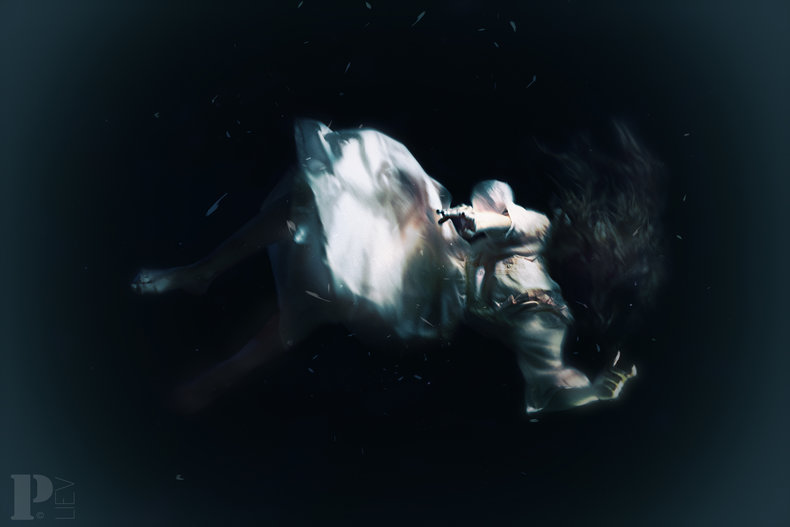
Inattention
A failure to apply the required diligence to a task such as a driver who hits a pedestrian as they are looking down at their mobile device.Unjustified Assumptions
Making assumptions without sufficient evidence. For example, a firm that assumes a job applicant is a foreign national based on their name alone.Noncompliance
A failure to follow established processes, procedures or practices. For example, a worker who fails to put on a required safety harness when working at a significant height who ends up falling.Right Thing, Wrong Target
Doing a good job on the wrong thing. For example, calling the successful job applicant and professionally explaining that they did not get the job.Inaccuracy
Using incorrect or imprecise information. For example, a stock analyst who inputs a yen amount as a dollar amount in the valuation model for a Japanese firm.Low Performance
A failure to perform at some reasonable level. For example, a student who skips through a book instead of actually reading it who makes statements about the book that are simply untrue in an essay.Overconfidence
Attempting something that is far beyond your current talents without an appropriate sense of caution and humility. For example, a first time skier who gains much speed on their first try because they wildly assume that they are a natural talent who can handle such speeds.Naivety
Attempting something that is far beyond your current knowledge without research. For example, unknown unknowns whereby an individual doesn't realize that they are lacking important knowledge such as a swimmer who ventures into dangerous waters because they are completely unaware that ocean hazards exist.Completely Wrong
A failure to take a step back and perform a sanity check such that your plans are completely flawed. For example, a soccer player who shoots on their own net in a moment of confusion.Counterexamples
The following are counterexamples of unforced errors. These are errors that have external contributing factors.
Latent Human Error
A latent human error is a mistake that is likely to occur because a process, procedure or user interface is badly designed. For example, a camera that allows users to put a memory card in the wrong way such that it becomes stuck in the camera. This could reasonably be predicted to occur by designers and is a design flaw as opposed to a human error or unforced error.Competitive Failing
Failing at competition whereby you try but your opponent has some advantage or high performance. For example, a goalie who fails to make a save due to the skill of their opponent.Notes
The list above is by no means exhaustive.| Overview: Unforced Error | ||
Type | ||
Definition | A mistake by a human or system that isn't caused by external factors. | |
Definition | An error cause by your own low performance as opposed to the high performance of the competition. | |
Definition | A foolish mistake. | |
Related Concepts | ||


